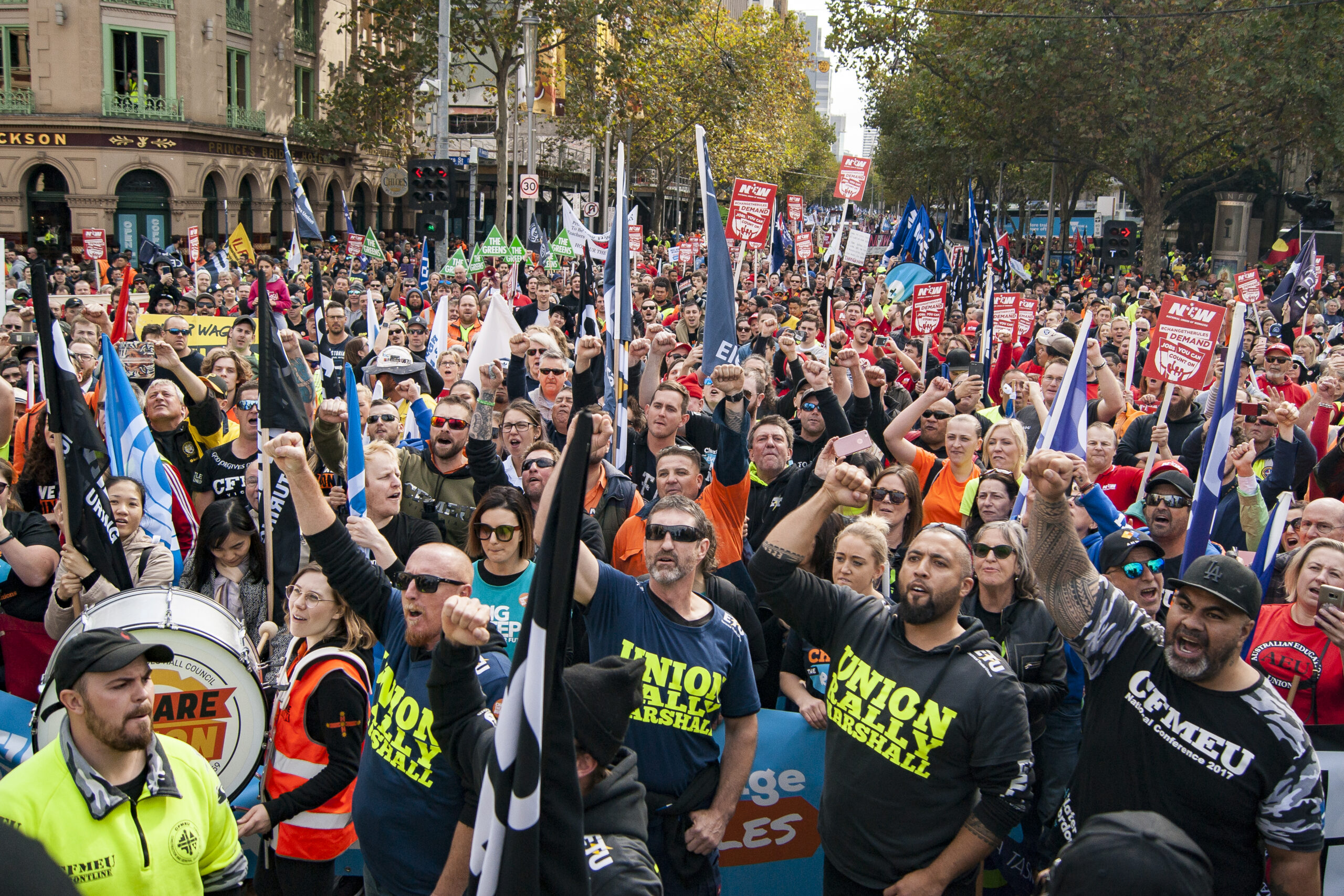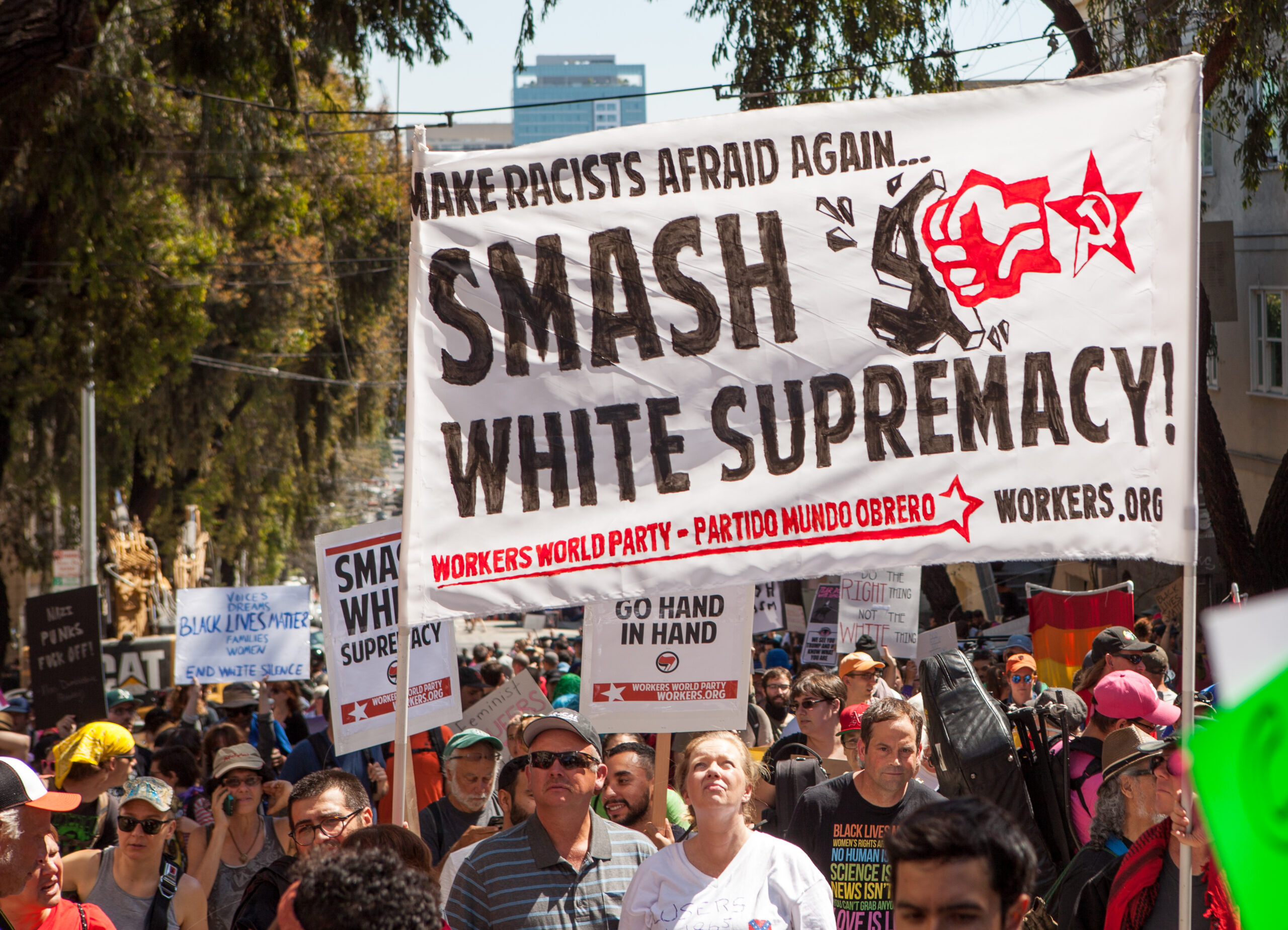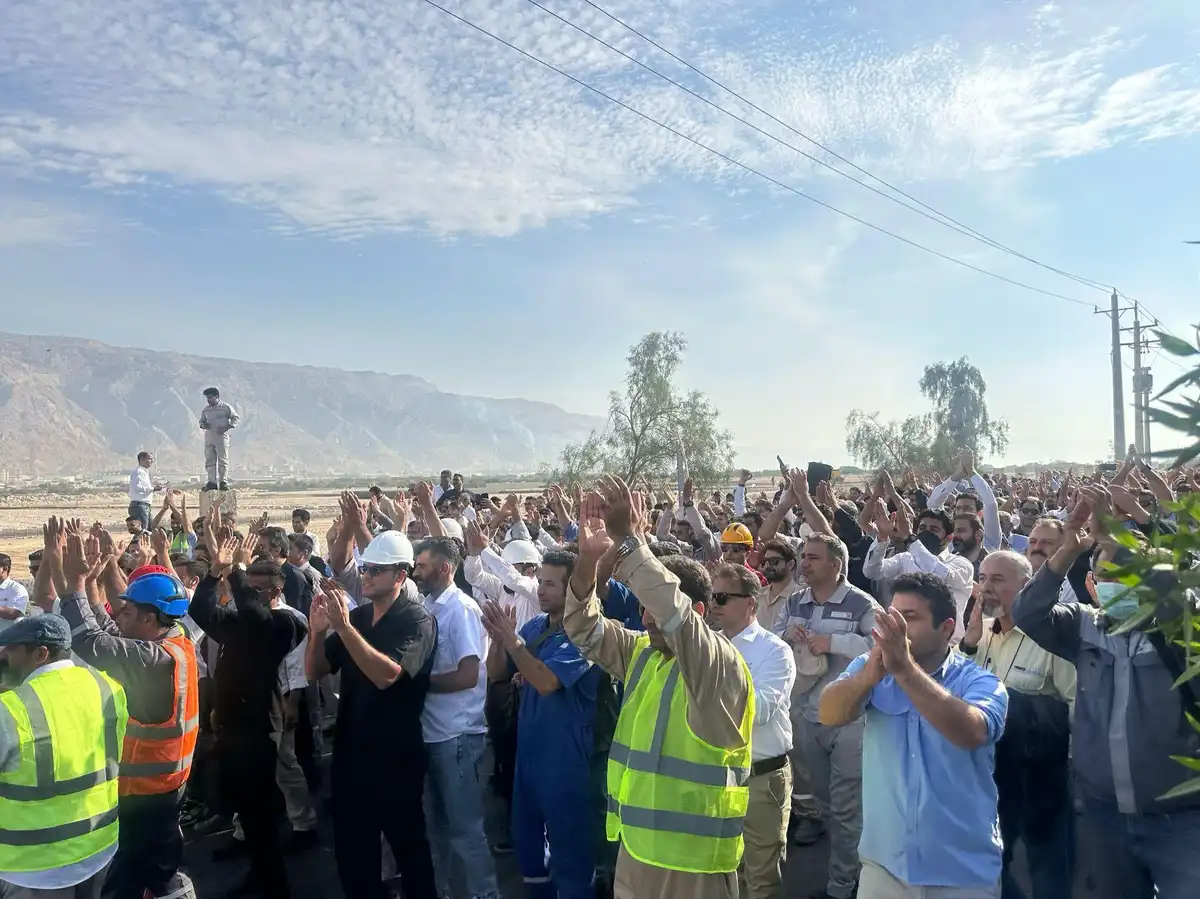Chadwick’s Mandela: Long Walk to Freedom is a biographical film about the late Nelson Mandela’s life. The film takes its audience through Mandela’s life from his early years as a lawyer to him eventually becoming president.
One of the first things which stood out to me about this film was the amount of violence. Long Walk to Freedom is certainly more violent than is depicted in the trailers. Chadwick shows the 1960 Sharpeville Massacre: white soldiers gunning down black African men, women and children. But the violence is not just monopolised by the ‘Whites’. In another scene, a black African boy, suspected of being an informer, is hunted down by his peers. After catching him, they douse him in petrol, before setting him alight. The scene then plays out a little longer, so that the audience may hear the screams of the burning boy amidst the cheering of those who burned him.
There are, however, some redeeming scenes in this film. One of the most memorable ones for me was when Mandela addresses his relative’s grandchildren at the villa. In this scene, Mandela is walking with his wife Winnie in the back yard when they see his relative’s grandchildren taunting some white African guards. He snaps at them, and asks them why they are doing that. They then reply, “Because they are white.” Mandela then replies, “So you are doing that because of the colour of their skin?” Through this scene, Chadwick shows that racial attitudes are not held only by Anglo-Saxons.
But the worst part of this film is definitely the ending. Towards the end, we see Mandela giving a speech to the African public. He persuades his fellow black Africans that violence is not the solution, and that there is only one way to change the status quo: to vote! We then see a montage of black Africans rejoicing in the bourgeois electoral system, and gladly casting their single vote. After that, the film jumps to Mandela again, but this time he is in parliament as the president! He then walks through the corridors with a dozen white African military generals all saluting him, before emerging into the sun and a cheering crowd! The film ends with some final landscape shots and that’s it! Basically, Chadwick’s message for his audience at the end of the film is, “In the end, Mandela became president and everything turned out fine!” No scenes, not even a post-film message was given about the current political situation in South Africa which is nowhere near as peaceful as it is portrayed in the final scenes of the film.
Inequality, both social and economic, is still as rife as ever. White Africans still, on average, earn more, and have better jobs than black Africans. One of the most current examples of the growing inequality still present in South Africa was the Marikana Miner’s Massacre. On August 16th 2012, 34 miners were shot dead while protesting against the minuscule wages they received. Many have compared this to the Sharpville Massacre, and just goes to show how violent the state is towards protests to this day.
For those of you who wish to see a film about the political history of South Africa from the 1950s onwards… keep looking. But for those who wish to see a film about violence, love, and happy endings, look no further! This is just the film for you!
Socialist rating: * * * (3/5)









